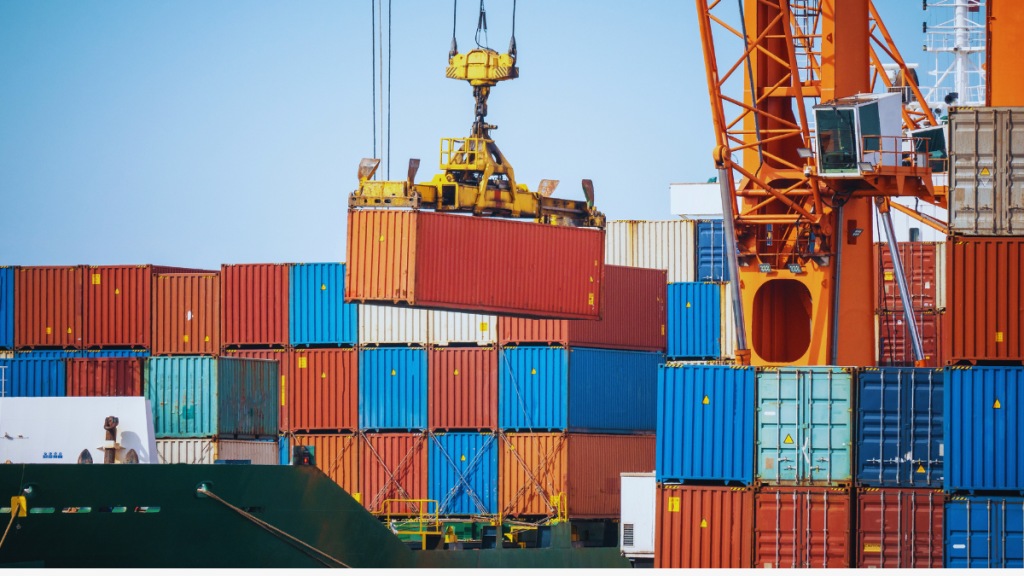To help exporters tide over the tariff turbulence, the government on Wednesday announced a Rs 45,060 crore package that will help reduce their credit costs and fast-track market diversification.
A new Export Promotion Mission (EPM) will cost the exchequer Rs 25,060 crore over six years, with its principal component being an interest subvention. Promotion of alternative financing instruments like factoring, collateral support, credit enhancement for riskier markets and credit cards for e-commerce exporters are also part of the mission.
Another scheme approved by the Cabinet will offer additional credit support for exporters, including Micro Small and Medium Enterprises (MSMEs). This scheme will run till March 2026 and could be extended beyond that period if required, information and broadcasting minister Ashwini Vaishnaw said.
The Credit Guarantee Scheme for Exporters (CGSE) provides for 100% credit guarantee coverage by National Credit Guarantee Trustee Company (NCGTC) to member lending institutions for extending additional credit facilities up to Rs 20,000 crore to eligible exporters, including MSMEs. By enabling collateral-free credit access under CGSE, it will strengthen liquidity, ensure smooth business operations, and reinforce India’s progress towards achieving the $1 trillion export target, the minister said.
The EPM will have two components – Niryat Protsahan and Niryat Disha. The outlay for Niryat Protsahan is Rs 10,401 crore while for Niryat Disha Rs 14.659 crore has been kept aside. The scheme will run from 2025–26 to 2030–31.
Niryat Protsahan will aim to reduce the cost of credit, by providing for interest subvention for MSME exporters. “The rate of subvention or subsidy is yet to be decided but normally it ranges from 2-3%. For some of the riskier markets it could go up to 3.5%,” a senior official said.
The government will also promote export factoring and deep tier financing under the Export Protsahan. “Deep tier-financing would also cover suppliers of exporters so that their input costs come down from that end to,” Vaishnaw said.
The government also intends to provide credit cards to e-commerce exporters, whose shipment through postal or courier routes are of smaller value. The scheme also has two other components, one for bridging collateral gap and another to support emerging export opportunities be it in the form of new products or markets.
In Niryat Disha components of the mission support to exporters will be for market access. The government will bear the cost of testing, certification and audits required to meet the multiple standards that are imposed by importing countries.
The outlay under Niryat Disha will also support participation in international trade delegations, buyer-seller meets and product demonstrations for both goods and services. This will be especially useful for small and medium exporters who sometimes cannot bear the high participation in these meets, Vaishnaw said.
To offset high logistics and handling costs for moving goods and products from remote areas or low export intensity districts to ports also support would be provided.
The government will also help with export warehousing to improve export fulfillment and reduce logistics costs through shared infrastructure. It will also help smaller exporters with market intelligence and enhance India’s export identity through unified branding, packaging and specific campaigns. Unified branding exercise will be to promote Made in India as a brand.
The EPM was announced in this financial year’s budget. For 2025-26 the allocation for the mission has been kept at Rs 2250 crore of which Rs 200 crore is for Market Access Initiative (MAI) and Rs 50 crore is for lab grown diamonds.
The mission subsumes many of the functions that were being met through schemes that are either no longer operational or need changes.
